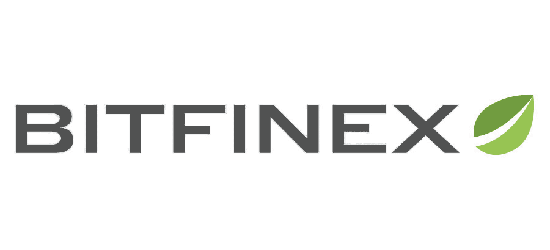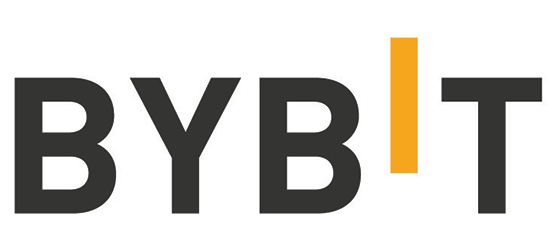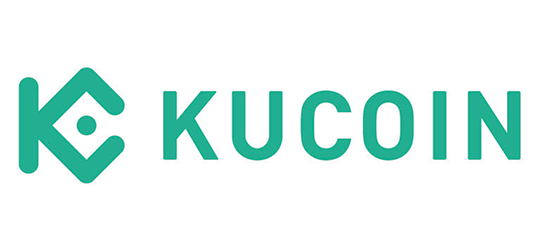What is Elon Musk's “Black Mirror” warning?
The visionary entrepreneur behind X, Tesla, and xAI, among other pioneering enterprises, Elon Musk, has shared his concerns on X (the platform previously known as Twitter) regarding the alarming potential of the "Black Mirror" series manifesting into reality.
This alert from Musk comes in the wake of Microsoft's disclosure of a new AI tool - a revelation that follows Musk's lawsuit against OpenAI, a firm under Microsoft's wing.
Elon Musk's Alert on "Black Mirror"
Musk has raised an eyebrow at Microsoft's latest launch, dubbed "Recall," integrated into the Windows OS. This feature works by periodically capturing screen images to help users easily revisit and retrieve past activities on their computers, much like a digital archive.
He suggested that this mirrors narratives from "Black Mirror," a show that explores the grim possibilities of technology misuse and its implications for society and governance worldwide.
He has openly stated his intention to disable this Microsoft functionality.
Insights into Microsoft's "Recall" from CEO Nadella
According to Microsoft's CEO Satya Nadella, Recall aims to embed photographic memories into the digital footprint of users, enabling them to perform searches based on semantics to revive past digital interactions on specific dates or periods, thereby "reliving old moments." This data, enriched by AI, would then become easily searchable.
However, Musk interprets this development with a hint of skepticism. He insinuates that the accumulation of such data, including screenshots, might pave the way for unwarranted surveillance, potentially allowing entities to monitor users' internet activity, personal documents, photos, conversations, and more. In a world where authoritarian governance is on the rise, such tools could play into the overarching narrative of population control through continuous monitoring of personal computers.
Nonetheless, Nadella has reassured that this feature will operate solely on the local systems of users, emphasizing that concerns regarding privacy invasion are unfounded for those apprehensive about the feature's implications.

















